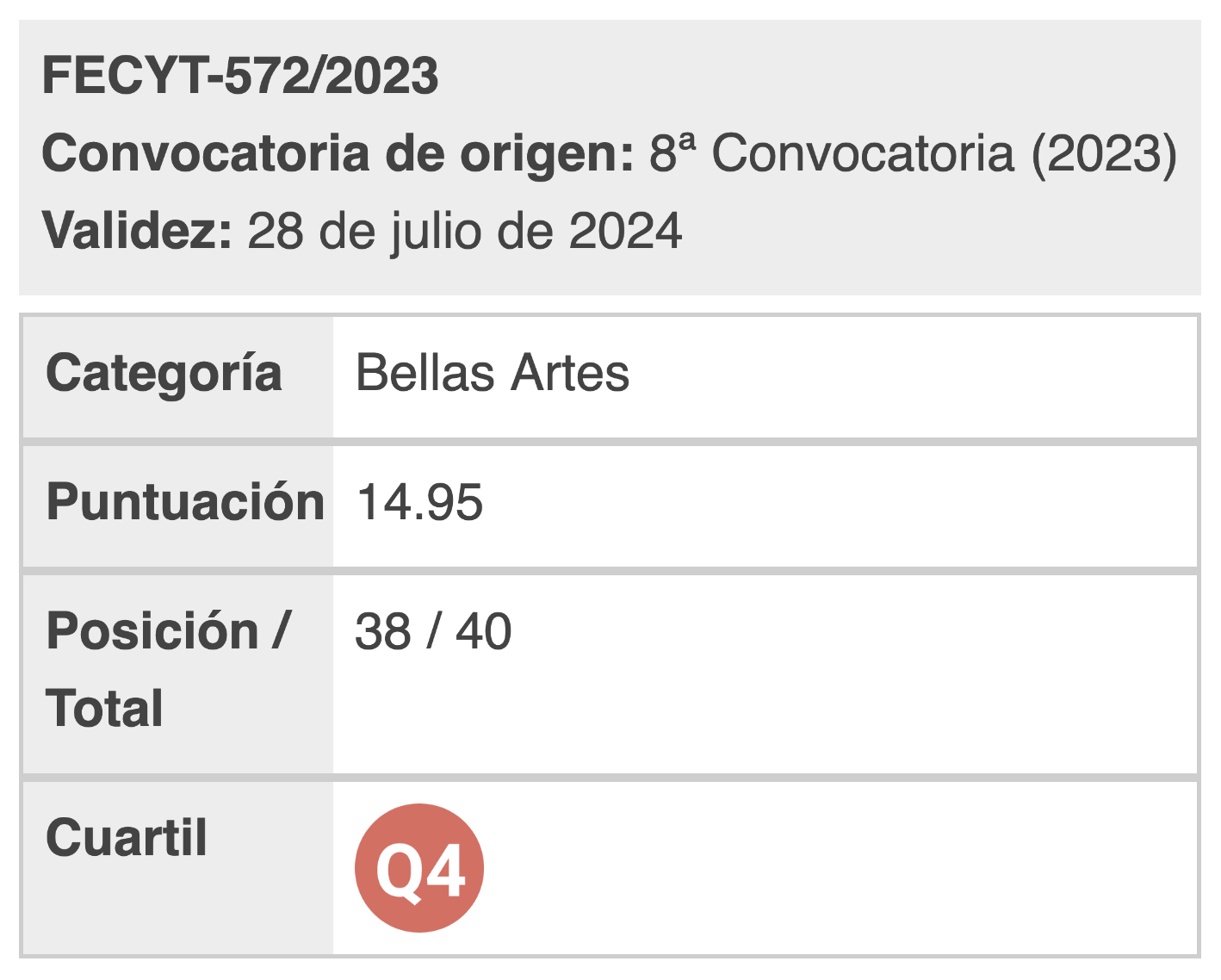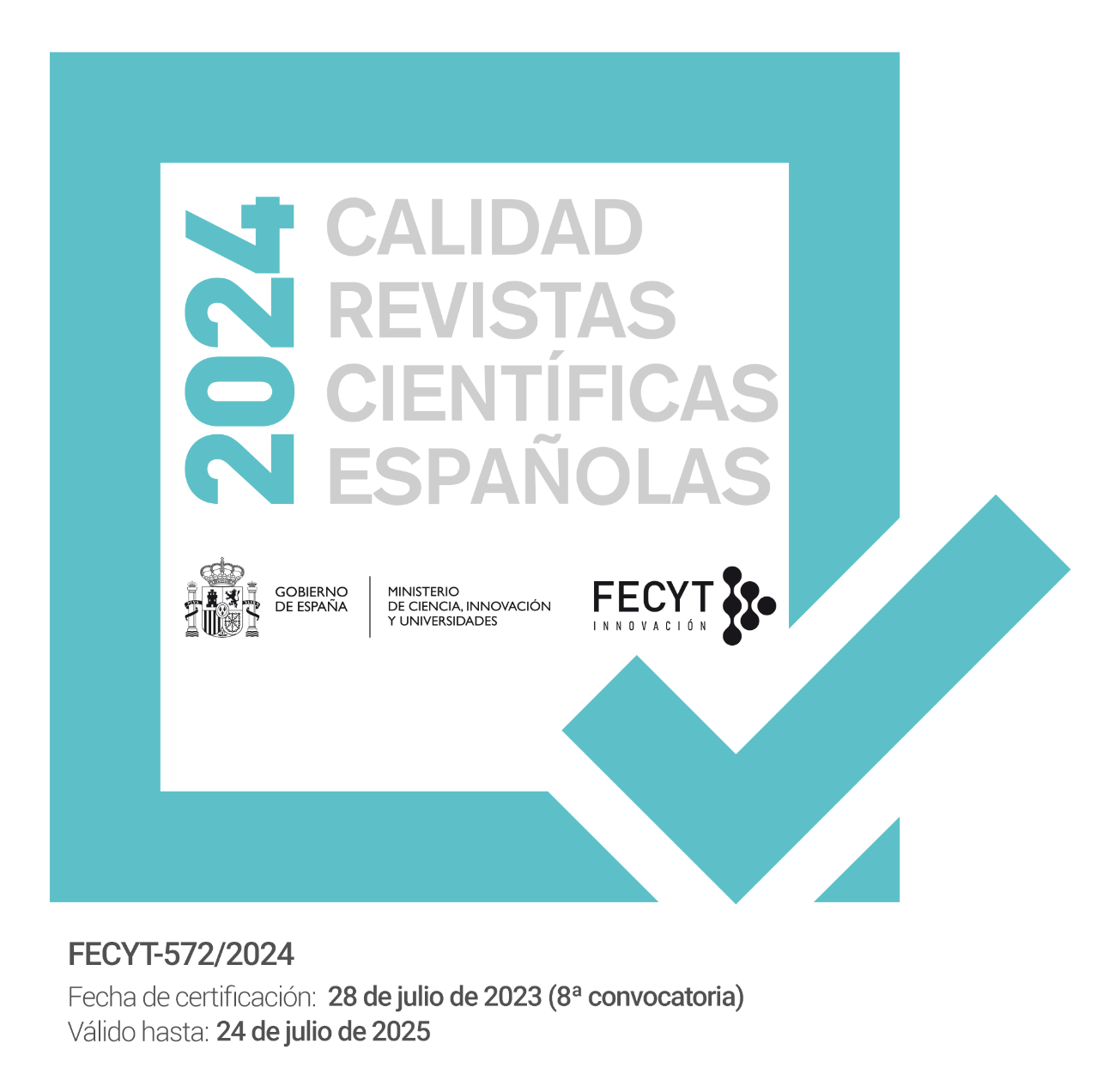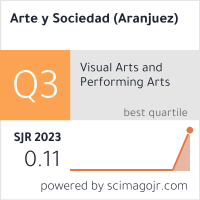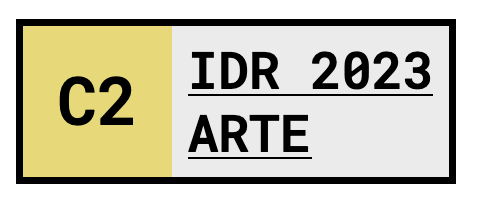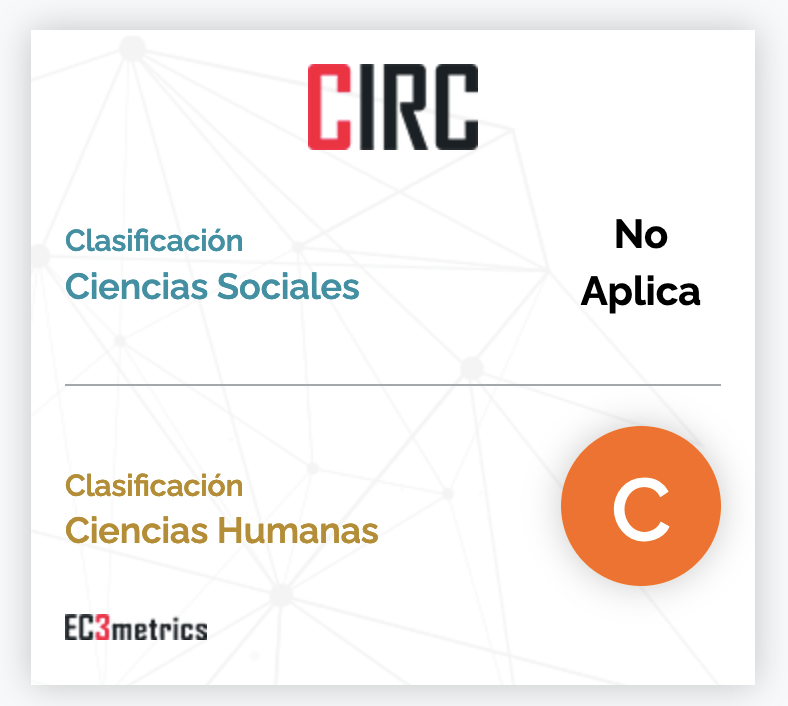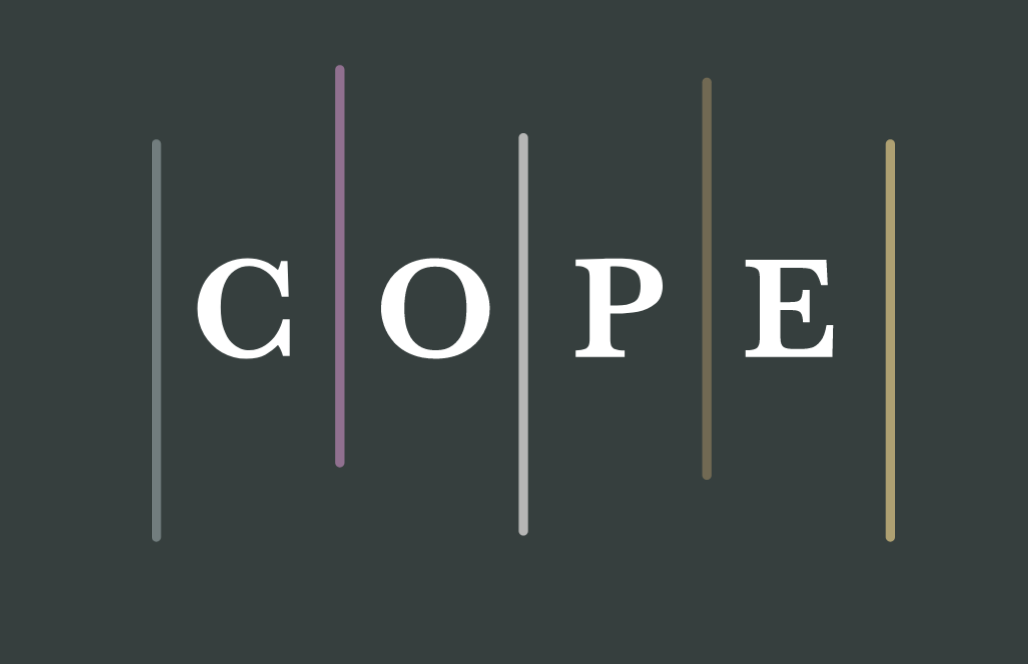Artificial cognition: Intelligence delegation in the digital age
DOI:
https://doi.org/10.5281/zenodo.7656610Keywords:
Artificial intelligence, Cognitive ecologies, Black box, Myth of progress, NeuromythologyAbstract
The phenomenon of Artificial Intelligence (AI) is currently presented as a relevant study object to think about how our cognition is constructed and distributed between humans and technologies, since AI will significantly modify the forms in which we produce and access knowledge of the world, while maintaining a controversial position on the limits between the human and the artificial.
References
Carter, S., Armstrong, Z. y Schubert, L. (2019) Activation Atlases [Atlas de activación]. Distill. DOI: 10.23915/distill.00015
Deleuze, G. y Guattari, F. (2015) Mil mesetas (José Vázquez Pérez, trad.). Pre-textos. (Obra original publicada en 1980)
Elish, M.C. y Boyd, D. (2017) "Situating methods in the magic of Big Data and AI", Communication Monographs. DOI: 10.1080/03637751.2017.1375130
Foucault, M. (1994) L´Histoire de la sexualité 1. La volonté de savoir. Gallimard
Gould, S. (2017) La falsa medida del Hombre (Ricardo Pochtar y Antonio Desmonts, trad.) Editorial Planeta. (Obra original publicada en 1996)
Huawei Mobile España. (27 de marzo de 2018) Huawei P20 / Huawei P20 PRO: la fotografía renace hoy [archivo de video]. Recuperado de https://www.youtube.com/watch?time_continue=28&v=XqNSdjs3THg.
Hutchins, E. (1995) Cognition in the Wild [Cognición en la naturaleza]. The MIT Press.
Latour, B. (1998) "Visualización y cognición: pensando con los ojos y con las manos", La balsa de la Medusa. nº 45-46.
__________ . (2001) La esperanza de Pandora (Tomás Fernández Aúz, trad.). Gedisa. (Obra original publicada en 1999)
__________ . (2013) "How to be Iconophilic in Art, Science, and Religion?", en: Jones, C.A. y Galison, P. (ed.). Picturing Science Producing Art. Routledge.
Lévy, P. (1994) As Tecnologias da Inteligência. O Futuro do Pensamento na Era da Informática (Fernanda Barão, trad.) [Las tecnologías de la inteligencia. El futuro del pensamiento en la era de la informática]. Lisboa, Portugal: Piaget. (Obra original publicada en 1990).
Magnet, S. A. (2011) When Biometrics Fail. Gender, Race, and the Technology of Identity [Cuando la biometría falla. Género, raza, y la tecnología de la identidad]. Durham y Londres, Reino Unido: Duke University Press.
Manovich, L. (2018a) AI Aesthetics [Estética de la IA]. Moscú, Rusia: Strelka Press. Recuperado de https://www.amazon.com
__________ . (2018b) "Can We Think Without Categories?" [¿Podemos pensar sin categorías?] en: Reichert, R. y Fuchs, M. (ed.). "Rethinking AI: Neural Networks, Biometrics and the New Artificial Intelligence". Digital Culture & Society (DCS). Vol. 4, (1).
Pfaffenberger, B. (1992) "Social Anthropology of Technology" [Antropología social de la tecnología]. Annu. Rev. Anthropology. 21: 491-516.
Quintáis, L. (2001) "Modernidade e pesadelo: um ensaio sobre ciência, localização cerebral e economia explicativa" [Modernidad y pesadilla: un ensayo sobre ciencia, localización cerebral y economía explicativa]. Antropologia portuguesa. Vol. 18.
Sanderson, G. (5 de octubre de 2017) But what is a Neural Network? [Pero ¿qué es una Red Neuronal?] [archivo de video]. Recuperado de https://www.3blue1brown.com/videos-blog/2017/10/9/neural-network.
Tallis, R. (2004) Why the Mind is not a computer. A pocket lexicon of neuromythology [Por qué la mente no es un computador. Un léxico de bolsillo de la neuromitología]. Imprint Academic.
Woolgar, S. (1985) "Why not a Sociology of Machines? The Case of Sociology and Artificial Intelligence" ¿Por qué no una sociología de las máquinas? El caso de la sociología y la Inteligencia Artificial]. Sociology. Vol. 19, (4).

Published
How to Cite
Issue
Section
License

This work is licensed under a Creative Commons Attribution 4.0 International License.
You are free to:
Share — copy and redistribute the material in any medium or format.
Adapt — remix, transform, and build on the material for any purpose, including commercial.
Attribution — You must properly acknowledge the authorship, provide a link to the license, and indicate if any changes have been made.
You may do so in any reasonable manner, but not in any way that suggests that you endorse or receive any endorsement by the licensor for your use.
No additional restrictions — You may not apply legal terms or technological measures that legally restrict you from doing what the license allows.



